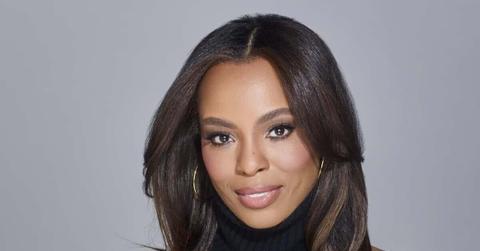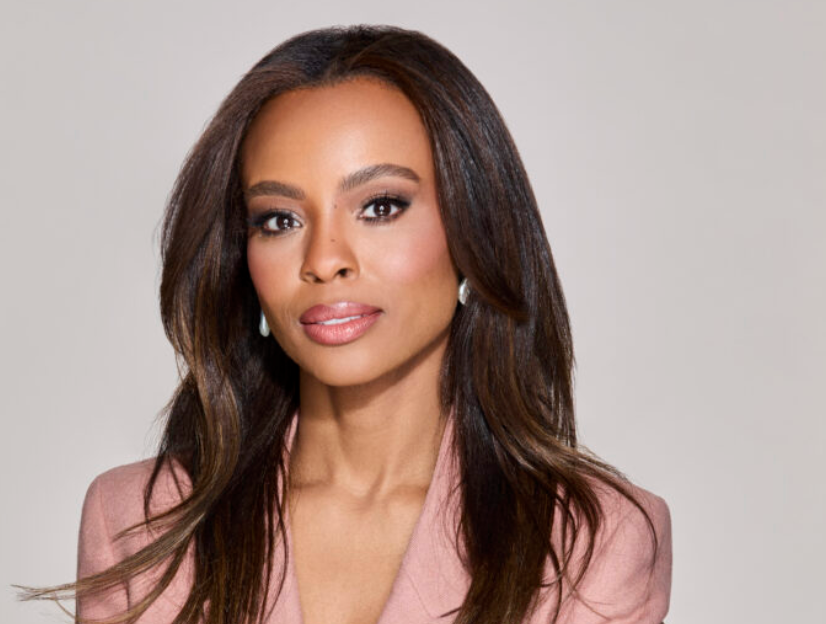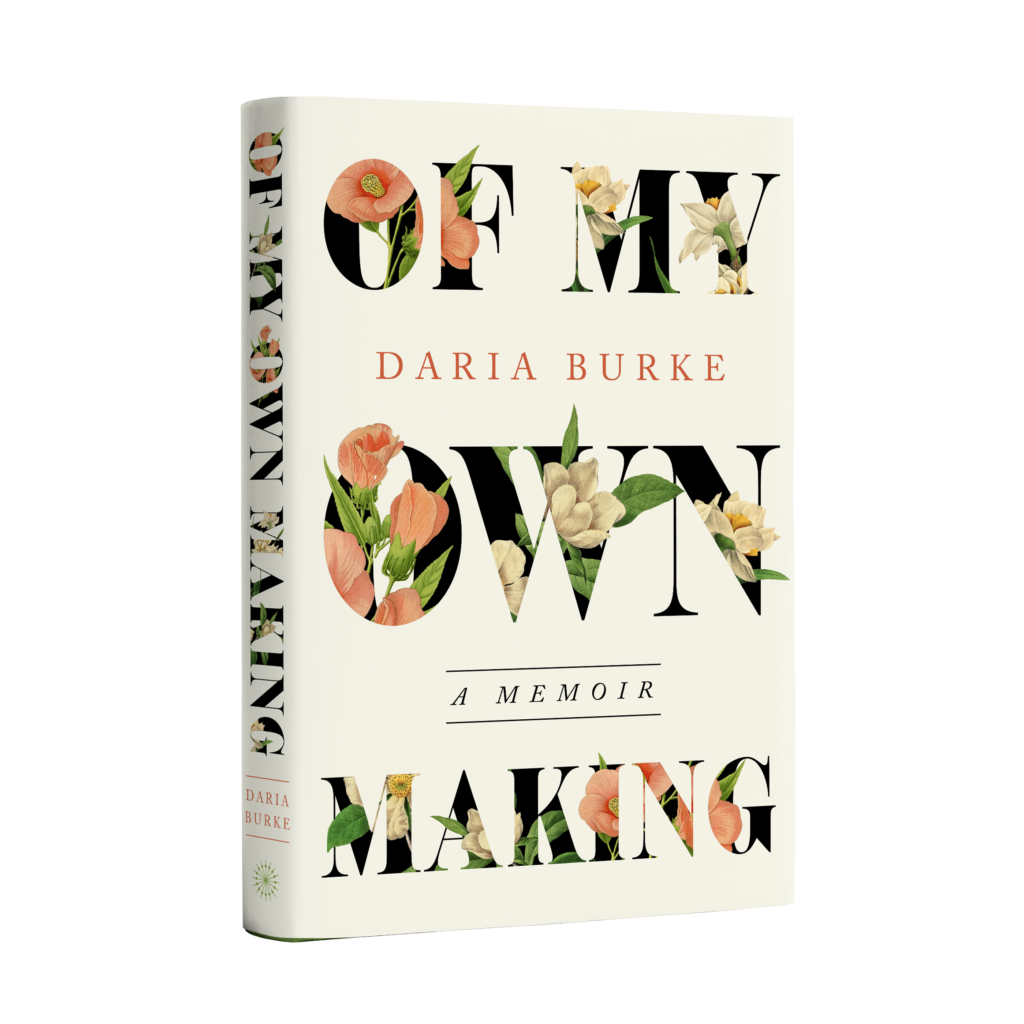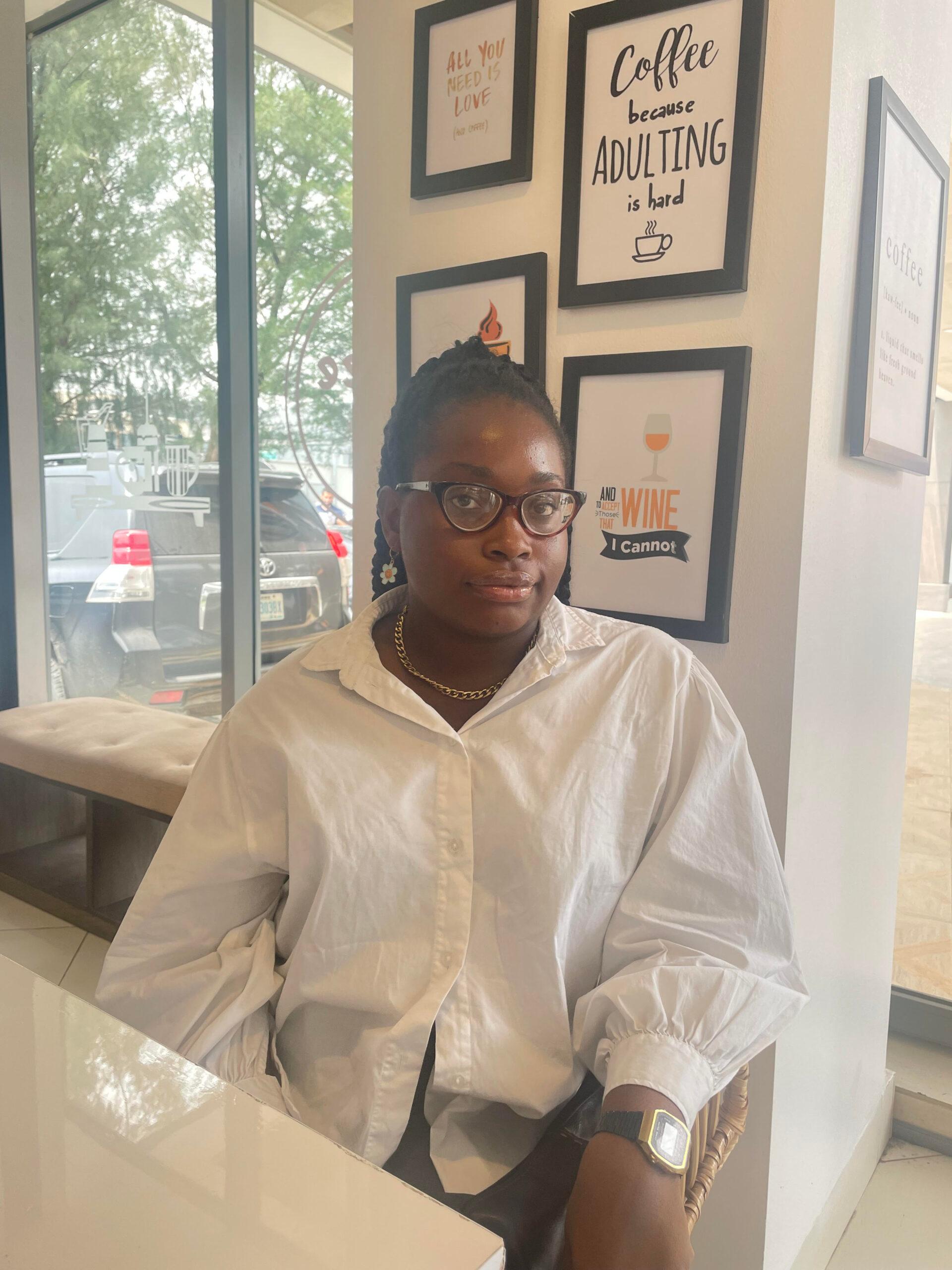Daria Burke On Reclaiming Her Story, Redefining Success, And The Science Behind Healing

Daria Burke is a marketer, storyteller, and writer, and in her forthcoming memoir, she details her journey growing up with trauma and a self-exploration of healing, and the science behind it has made her who she is today. Titled, Of My Own Making, it is as personal as it is resonating.
Daria said she wrote this book because she believes stories are essential as they shape our identities and help us make sense of the world.
“For a long time, I didn’t talk about my family background, but it became important to share my story and also help others understand the science of healing,” she said.
Her “why” was inspired by a short poem by Sean Thomas Dougherty called Why Bother? He answers the question by saying, “Because right now, there is someone out there with a wound in the exact shape of your words.” That resonated with her deeply.
“I hoped my story might help others make sense of their own,” she said.

Healing From Trauma
In the book, Daria narrates her path to healing, the science behind it, and the practical steps she took to face her past.
“My background didn’t define me, but avoiding it meant I wasn’t fully free,” she said. “I had proven I could build a different life, but I hadn’t accepted how much of my past still shaped me,” Daria said.
She said going to therapy and healing helped her confront that. The first thing she confronted was the idea that love and acceptance had to be earned through achievement. She grew up with a very critical and emotionally absent mother. Finding affirmation at school, that early validation became central to how Daria measured her worth.
“For years, I believed I had to be successful to be lovable,” she said. “It took time and effort to unlearn that, to redefine success and understand I was enough without performing for approval.”
“Talking about my experiences helped me metabolize them, to detach from internalized shame and see things differently,” she said. “It allowed me to confront my past safely and start building a new relationship with it. Before therapy, I wouldn’t have used words like ‘trauma‘ or ‘abuse’ to describe my childhood, even though deep down, I knew.”
Another concept that drew Daria towards healing is the science behind it, especially neuroplasticity, epigenetics, and post-traumatic growth. They gave her the language for what her body already knew: that we’re not doomed by our past.
Neuroplasticity tells us that we’re not fixed, we can change. Epigenetics shows that trauma can be inherited, but so can resilience. And post-traumatic growth shows that suffering and transformation often go hand in hand.
Lastly, Daria said she believes healing is a continuous practice.
“We will always, to some extent, come into contact with parts of ourselves that still carry wounds,” she said.

Research shows that adverse childhood experiences can have lasting effects. Though there are many interventions that support healing but the early wounds can take a lifetime to unpack and heal from.
“That said, I do believe there are many ways to unlearn, reframe, and re-contextualize those experiences,” she said. “Healing doesn’t mean one day you wake up and everything is resolved. Instead, it means developing a new relationship with your pain. It means finding tools that help you avoid being triggered, learning to set boundaries, distancing yourself from harm, and being able to sit with all parts of who you are, with love and without judgment”.
Redefining Success
Daria Burke now defines success as alignment: being in tune with herself. It’s about pursuing mastery, not external success like titles or salaries.
Corporate America’s idea of leadership often looks white and male. Earlier in her career, she had to figure out how to be herself and succeed in that environment.
“Coming from a marginalized background shaped how I approached innovation and resilience,” she said. “People from backgrounds like mine are often forced to be creative and adaptive because we’re solving problems others don’t face. That mindset can drive meaningful impact.”
Her advice is to listen to yourself, especially the parts of you that didn’t get what they needed growing up. Know that you can create something meaningful for yourself and the world. But be careful: achievement can become armor, a trauma response. True confidence comes from knowing your value apart from your resume.






